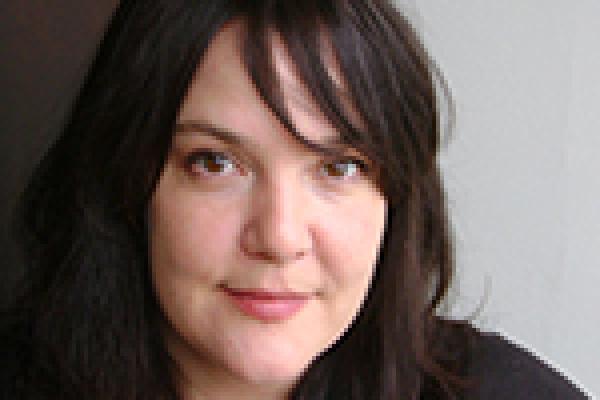
Abstract: This lecture explores the imagination of the 'good death' in late medieval England alongside aspects of its actual practice. From the late fourteenth-century on, the ideal of the good death was shaped and promoted through vernacular books on the 'art of dying’: archival evidence suggests that these books, which, through a mix of ritual and ethical instruction, allowed their readers to manage the lives and deaths of others as well as prepare for their own, were mostly owned by urban gentry and merchant men. From other evidence, however, it appears that the actual work of preparing others for death at this period was largely associated with women, especially spiritually ambitious women, who sought opportunities in city hospitals or in neighbors' homes to attend at a deathbed. Drawing on ars moriendi manuals, civic and institutional records, and literary texts by Margery Kempe, Julian of Norwich, and Thomas Hoccleve, the lecture will trace how 'learning to die' was simultaneously able to play important roles both in literary and civic environments dominated by men and the cultural practices that shaped the religious identities of devout women.
Amy Appleford is Associate Professor of English and Director of the Global Medieval Studies Program at Boston University. Her book, Learning to Die in London, 1380-1530 was published by the University of Pennsylvania Press in 2015. She is currently working on a study of the imagination of illness and disability in medieval asceticism.
She has published on Middle English poetry; early drama and civic culture; late medieval visionary writing; fifteenth-century urban culture; and Shakespeare, in scholarly venues including the Journal of Medieval and Early Modern Studies; The Chaucer Review; and the Journal of English and Germanic Philology.
Learn about her latest research and activities via her profile page on the website of the Department of English at Boston University.
The Zoom livestream of this event will be presented with automated closed captions. If you wish to request traditional CART services or other accommodations, please contact religion@osu.edu. Requests made by about 10 days before the event will generally allow us to provide seamless access, but the university will make every effort to meet requests made after this date.
Starting at 6 p.m. Friday, March 11, masks will be optional in most indoor spaces on The Ohio State University campuses, including residence halls, dining facilities, classrooms, offices and the Ohio Union. In settings where masks are optional, students, faculty, staff and visitors can decide on an individual basis whether or not they will continue to wear a mask.
Co-sponsored by the Center for Medieval and Renaissance Studies for their 2021-2022 Lecture Series.
For event updates, please continue to monitor this page.
